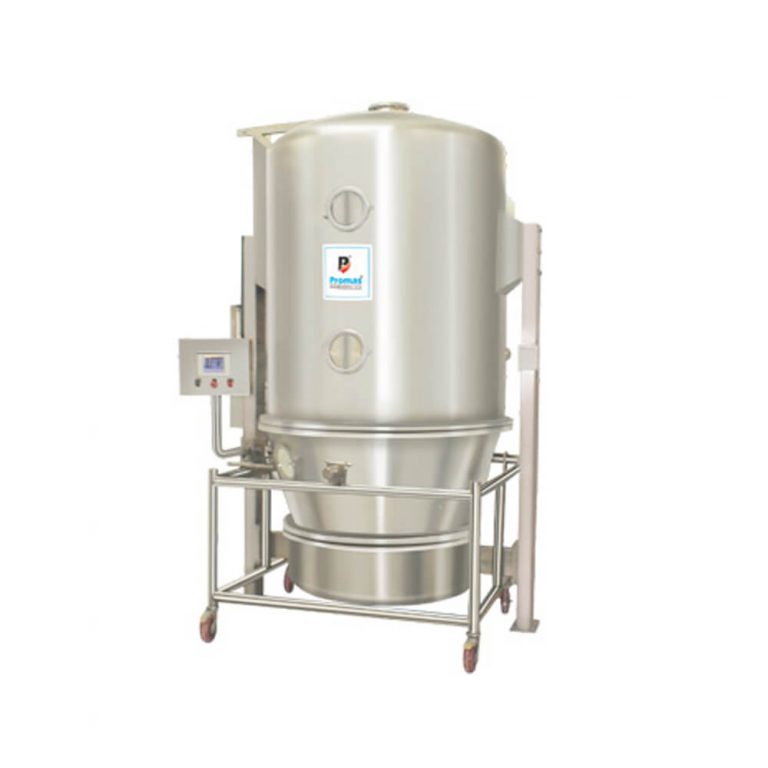The colloid mill grinding machine is a centrifugal device with the advantages of a simple structure, low maintenance, and suitability for materials with higher viscosity and larger particles. Its structure also determines its principal disadvantage. For starters, the flow is not steady due to centrifugal action.
So, where the colloid mill is used for, This machine is excellent for wet superfine grinding materials in the pharmaceutical, food, chemical, and other sectors, and can crush, emulsion, homogenous, and mix all kinds of half wet body and emulsion materials. Colloid mill machines are used to process fruit tea, ice cream, cream, jam, fruit juice, soybean, bean paste, red bean milk, and peanut milk, etc in the food industry.
Colloid Mill Working Principle
So, what is a colloid mill principle, It works effectively for items that need to be ground and spread evenly? It homogenizes products in one pass by dissolving particles faster and uniformly swiveling without producing agglomerates. In the grinding tool portion, the mill generates not only hydraulic high pressure but also turbulence and cavitations, which when combined offer both mild grinding and the needed impact, squeezing, and cutting action. This has an impact on the homogenization of products as well as the wetting out of powders in a single pass.
Colloid Mill Machine Features
- The motor, grinding head, transmission base, spinning rotor, and stationary stator are the primary components of the colloid mill.
- The parts that come into contact with the materials are constructed of stainless steel, which is corrosion-resistant and long-lasting.
- Low-noise and low-occupancy areas save energy and money.
Many customers may not understand what this explanation means, therefore I’ll offer you an example so that we can understand it more easily. For example, using the same type of colloid mill, corn juice may be ground to a weight of 200 kg in an hour, but peanut butter can only be ground to a weight of 100 kg in an hour. Why is this?
Because corn juice has more water, it is easier to grind in the colloid mill, the speed will be higher, and the peanut butter will be more viscous. The colloid mill will take a little longer to grind because it is more labor-intensive. Is this an explanation that we can comprehend?
Because corn juice has more water, it is easier to grind in the colloid mill, the speed will be higher, and the peanut butter will be more viscous. The colloid mill will take a little longer to grind because it is more labor-intensive. Is this an explanation that we can understand?
This is why customers consult colloid mill Machines. Our sales staff will first ask the client what material they are used to grinding, and then recommend the colloid mill for this reason. If customers grind thin material with low production demand, our sales team will recommend the colloid mill. Customers suggest a small colloid mill, but if the customer needs a more viscous mill material or a higher output, the sales staff will suggest a larger colloid mill.
We are a colloid mill manufacturer, supplier, and exporter according to ISI guidelines. We have fulfilled every customer’s requirements since 1990 from India and also all over the world. Contact us for more details on the Colloid Mill Machine.




